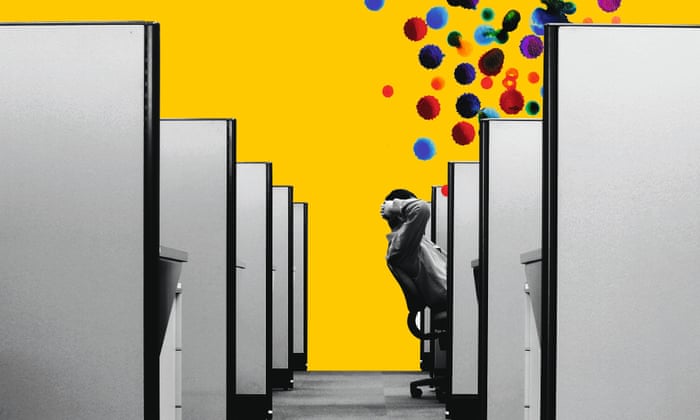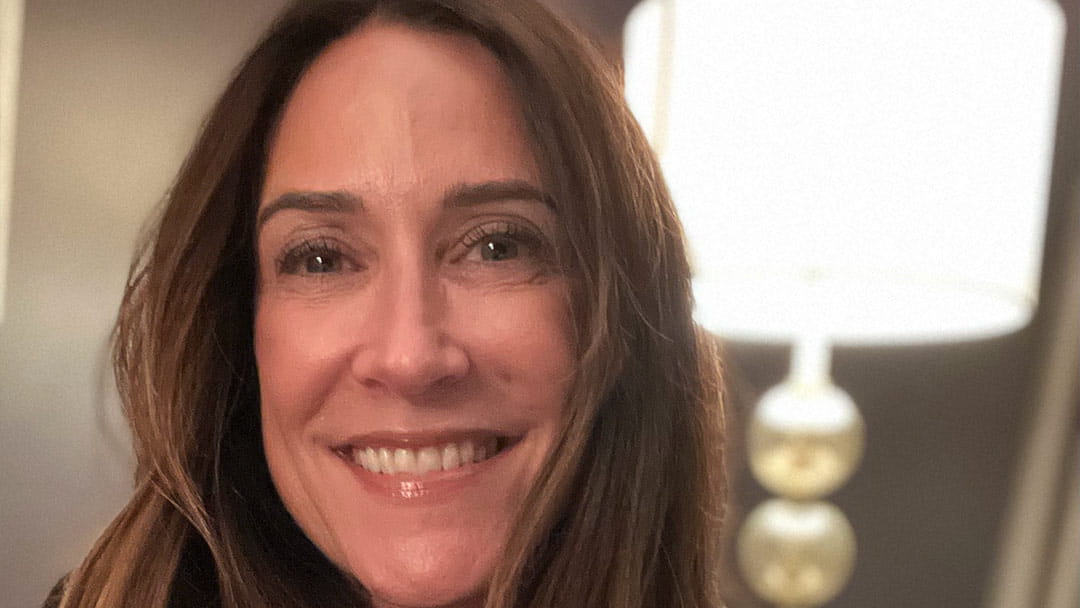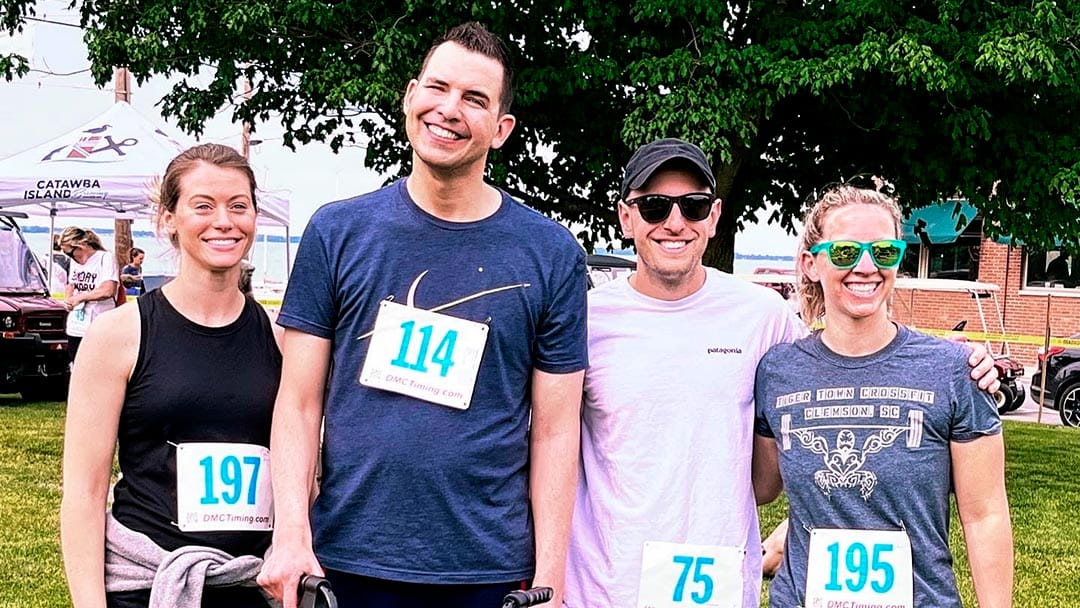
I appreciated the article by Rhiannon Lucy Cosslett (Tradition warriors see not sick Britain, however a plague of ‘overdiagnosis.’ How handy, 19 March), notably the factors she makes about autism. Rising up within the Nineteen Seventies and 80s, I struggled with friendships and with any type of social interplay outdoors the broader household. I used to be selectively mute as a younger youngster, and as a teen developed anorexia in a determined try to manage one thing – something – in a complicated and overwhelming world. I shrank to a ghost of an individual, however by some means managed to regain weight and dwell an outwardly regular life, regardless of extreme anxiousness typically that I turned skilled at hiding.
A prognosis as autistic in my 50s has introduced immeasurable aid as I lastly perceive why I’ve struggled all my life to slot in. Elevated prognosis of autism is, at the very least for some, a blessing. It saddens me that so many articles misunderstand the situation and what it means for autistic individuals, who could certainly be “verbal and capable of attend mainstream faculty”, as Cosslett writes, however could endure in ways in which aren’t apparent, but nonetheless profound. I believe that at the moment’s world is even tougher and fewer forgiving to navigate than in my childhood.
Julia Fahrenkamp-Uppenbrink
London
Many adults are autistic however unaware of it. A big proportion shall be main wholesome lives that work for them; maybe the odd factor goes unsuitable, however nothing too vital. This was my life till just lately.
Sadly, society isn’t autism-friendly, so we are likely to function at excessive stress ranges in our every day lives. Many are usually not conscious that they’re close to their restrict. The extra pressures of latest years akin to Covid, the price of dwelling, the housing disaster, fixed telephone notifications and so forth are tipping us over the sting into burnout. Allistic (non-autistic) and autistic individuals each endure this stress, however autistic individuals are nearer to their tipping level already.
As soon as that tipping level is surpassed, extra stereotypically autistic “stress signs” emerge – routines grow to be extra vital, sensory overstimulation turns into extra probably, meltdowns and shutdowns begin or grow to be extra frequent. Getting signed off from work with a misdiagnosis of melancholy or anxiousness is usually the subsequent step, earlier than individuals ultimately realise that they’re autistic and struggling burnout.
In my view, that is the actual motive for the rise within the “overdiagnosis” of autism and ADHD. Elevated pressures and uncertainties of life imply {that a} greater proportion of autistic individuals who have been wholesome now not are. Understanding your neurotype means items of your life start to fall in place. It means you’re kinder to your self and also you be taught to know your wants. This, in flip, helps keep away from future burnout and so you retain contributing economically.
Mehmet Karatay
Newtonmore, Scottish Highlands
I learn Rhiannon Lucy Cosslett’s column repeatedly. I’m a late addition to the mum squad, however a longtime trainer. I’m terrified by the vulnerability of the teenagers that flip up at my additional schooling faculty. Sure, they’ve typically been handed labels for the poor behaviour that comply with them into pre-adulthood. “I can’t try this, I’ve acquired ADHD” or “I want blue paper or I can’t learn it” are phrases heard repeatedly. It will be really easy to eye-roll and deal with it as overdiagnosis. However the rot goes deeper.
That is the technology that has been essentially let down by society and the establishments that have been meant to information them. They wrestle to cope with a classroom surroundings. They’ve skilled failure and despair many times. Whether or not it’s a neurological situation or a byproduct of an detached world, a label or a prognosis (even a self-imposed one) is a manner of claiming “discover me, I matter”. Once I bear in mind to photocopy on blue or inexperienced or yellow paper, I’m at the very least pondering of that particular person. It may be the one consideration they get all day.
Jess Rogers
Chester









